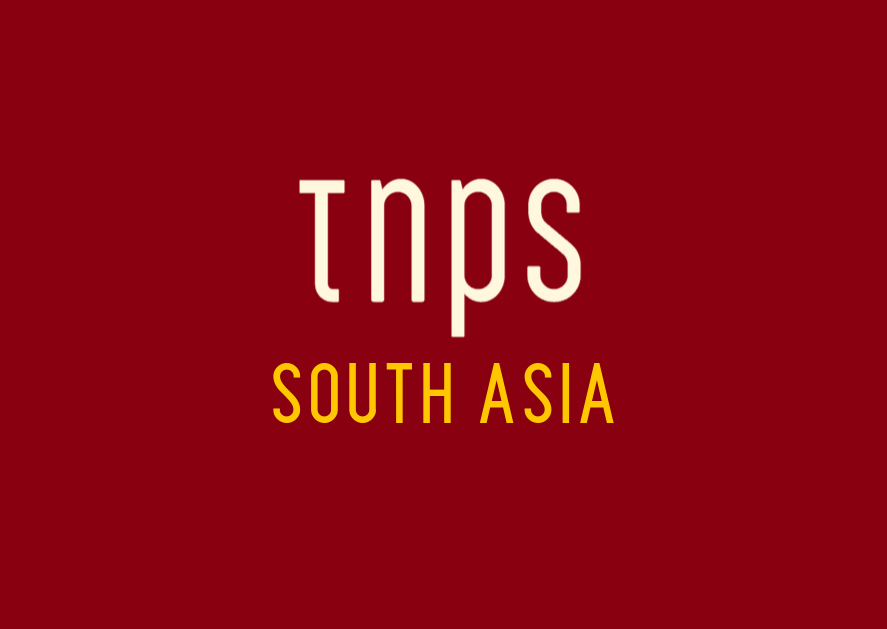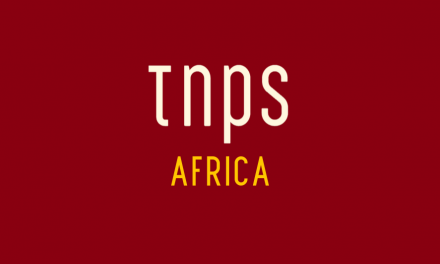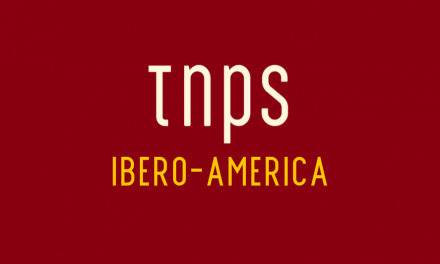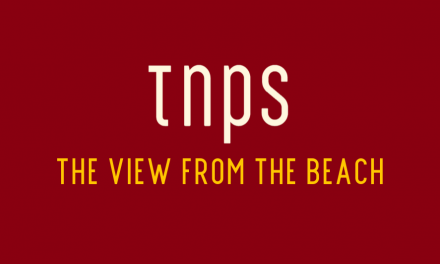We are, after all, talking here a country of 111 million internet users. But that seems beyond the grasp of the publishers association leaders to understand.
The month long mega cultural event that is the biggest book fair in Bangladesh, the Amar Ekushey Boi Mela, normally runs the entire month of February in Dhaka and pulls in the USD equivalent of around $10 million in revenue for participating publishers.
So no surprise publishers insisted on trying to make a go of it as the event was first pushed back until March, then the times variously changed, and then a dispensation to stay open as the rest of the country entered lockdown.
Now comes news that the event will close early after all, albeit only by two days, on April 12, as an even more stringent lockdown is set for April 14.
Many publishers had already given up after the initial lockdown meant the fair was open but there was no public transport. Those that stayed, trying to recoup some of their losses, are reporting sales and revenue down as much as 90%, and understandably are not happy.
But just who is to blame?
Not the government or the Bangla Academy, entrusted with organising the fair.
In fact the Bangla Academy back in December proposed a digital Boi Mela because of the uncertainties raised by Covid-19.
The two main Bangladesh publishers associations, however, dismissed the suggestion out of hand. They wanted nothing to do with progress and safeguarding the interests of their members.
Monirul Hoque, executive director of the Academic and Creative Publishers’ Association of Bangladesh (ACPAB) said this week:
I think that most of the publishers have sold less than 10 per cent of their books they hoped to sell in this fair. It is clear that people will not come at the fair during lockdown.
In fact of course the fair attendance and sales were already flat before the latest lockdown announcement. Lockdown itself was just the final nail in the coffin of an event that could and should have been put online.
We are, after all, talking here a country of 111 million internet users. But that seems beyond the grasp of the publishers association leaders to understand.
Bangla Academy Director General Habibullah Siraji said:
On one day, publishers will say that the book fair should be open, on another day, they will demand something else. We didn’t want a book fair at all during Covid-19. The publishers forced us to arrange it this year. That’s why we tried with our heart and soul to arrange the fair but now if they sing a different song, then we can’t help it.
Per previous TNPS coverage,
The Bangla Academy had initially invited publishers to express intent back in September, and 500 publishers had done so. But by December that number was down to 120, driving the Bangla Academy decision to go virtual.
But literally 24 hours later those plans were scrapped as ACPAB and the Bangladesh Publishers and Booksellers’ Association (BPBA) met with the Academy and told them in no uncertain terms they wanted nothing to do with a digital event. A joint statement by ACPAB and the BPBA said:
We were surprised to learn that the Bangla Academy had unilaterally decided to suspend preparations for the book fair 50 days before the scheduled date. A virtual book fair can never be an alternative to our historic tradition.
Among the publishers backing that stance was Dibya Prakash who wrote on Facebook,
We are not sure what a virtual book fair is, but it will definitely spell trouble. We have invested so much money, so many books have been published and printed. How will our publishing house survive the coming year?
Not all publishers were carrying on as if this were still the twentieth century. Many had already pivoted to digital, alongside their print activities, and were reaping the rewards even before the pandemic hit, and rode out the storm that was pandemic Y1 and were reported to be making more money this year online than through the Boi Mela.
Per the previous TNPS coverage, there are now more than 25 online platforms where forward-looking publishers can and are selling books and engaging with the public 24/7 regardless of the weather or the plague.
It’s time ACPAB and the BPBA took a step back and looked at the rality of publishing in the twenty-first century. Around the world the same picture is emerging – publishers who stubbornly cling to last-century publishing ideas have been hit hardest by the pandemic, while those that embraced a hybrid model to get the best of both worlds not only had a safety net when the pandemic struck but are emerging stronger and better prepared for the future.
More importantly still, the in mature digital nations like the US, UK and the Nordics the publishers are thriving in the new conditions, seeing profits and revenues soar as public engagement with, and consumption of, books grows.
In a country of 111 million internet users Bangladesh could easily have been one of those nations. That it isn’t is directly down to the lack of leadership and guidance from the publishers associations entrusted to serve the best interests of the trade.





